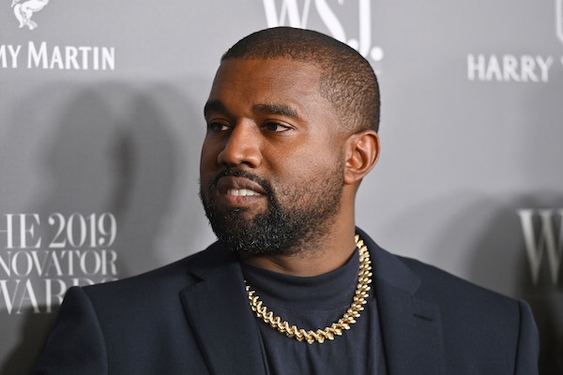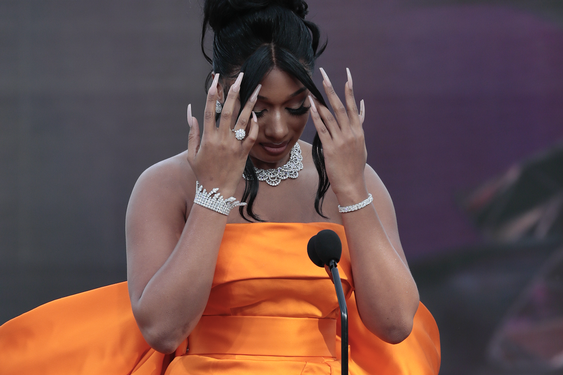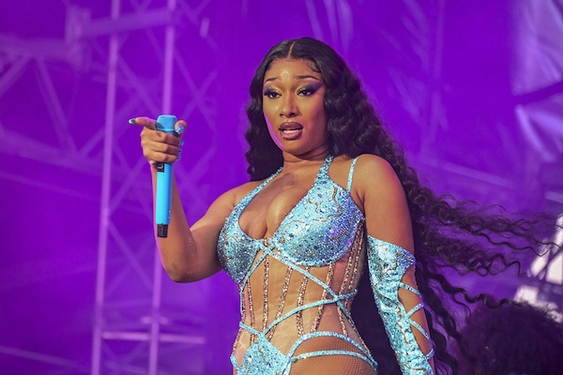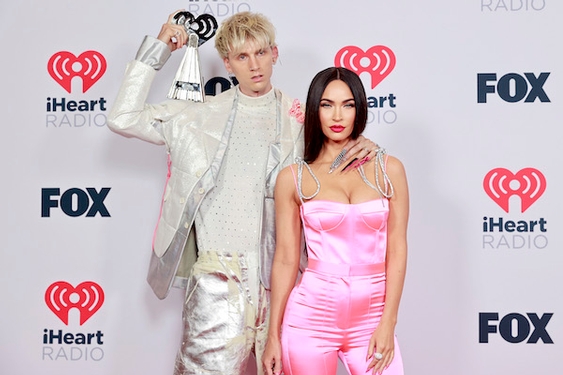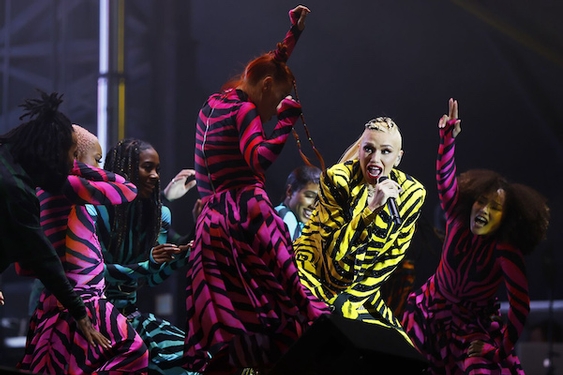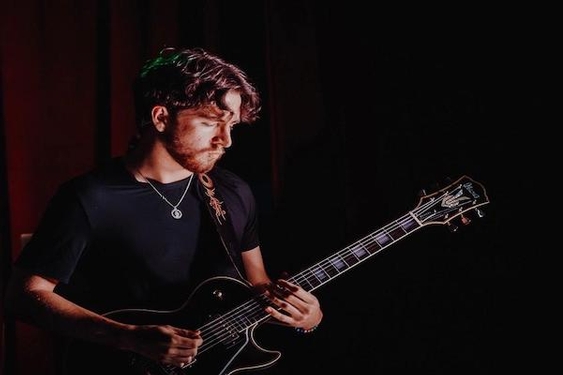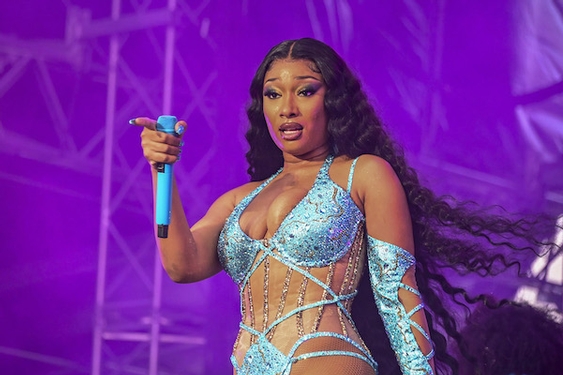Lots of troubling information was revealed in the Lifetime network documentary “Surviving R. Kelly.” For African-Americans, it should be a wake-up call.
There is no way of getting around the fact that African-Americans, particularly women, created R. Kelly, the superstar. We bought so many of his recordings that nearly everything he touched reached No. 1 on the music charts.
We couldn’t wait to “Step in the Name of Love” on Saturday nights, then turn around and sing “I Believe I Can Fly” in church on Sunday mornings.
It wasn’t racism, wealth or societal indifference that allowed Kelly to soar. It was African-Americans. We now know it was a mistake.
There is no need to continue beating ourselves up over the fact that we allowed Kelly to remain in our good graces way too long. Nothing positive can come from blaming each other for making a collective decision to close our eyes to the allegations of sexual misconduct that swirled around him for decades.
We chose to listen to Kelly’s steadfast denials, though we believed in our hearts that the stories of sex with underage girls, holding women in captivity and inflicting physical abuse perhaps were true.
Kelly continues to deny the allegations made by numerous women in the six-part television series that aired last week. But that’s on him.
For the rest of us, it is the time for reckoning. Now is the time to face an ugly truth about ourselves as African-Americans as we try to figure out how to move forward.
Chance the Rapper said it straight out in the final installment of the series. He admitted that he’d made a mistake collaborating with Kelly on the song “Somewhere in Paradise” in 2015, while Kelly’s alleged victims were speaking out.
The Chicago rapper went on to say, “I didn’t value the accusers’ stories because they were black women. … I made a mistake.” That’s a powerful statement coming from a black person.
Later, on Twitter, he said the meaning was taken out of context and apologized to the survivors for taking so long to speak out. I wish he would stop backpedaling and stand up and say it louder. That statement was both honest and necessary.
It is difficult for African-Americans to admit that we are sometimes guilty of the same things we often accuse white people of doing. It is shameful to acknowledge that like others, African-Americans also can place less value on the lives of African-Americans. Sometimes, we don’t even realize we’re doing it.
Like Chance, we gave little credence to the stream of African-American women who were coming forward to talk about the physical and sexual abuse Kelly allegedly inflicted on them. We dismissed them as gold diggers, opportunists and groupies.
For too long, many of us sat by silently and contributed to the musician’s financial coffers, allowing the alleged abuse to flourish. After watching the documentary, we feel ashamed that we did not give more attention to these women.
Thankfully, some African-American women came forward and stood beside them early on. Because of people like Oronike Odeleye and the other co-founders of #MuteRKelly, protests were held, concerts were canceled and record sales diminished.
Gradually, more and more African-Americans began to realize that we had to silence the monster we had created. We began to see that musical genius is less important than human lives. We began looking outward. Now it is time to look inward.
What have African-Americans learned from this episode with R. Kelly?
We learned that we hold the power to put an end to anything that does harm to our communities. We learned that it is useless to wait for others to come in from the outside and do the work for us.
We learned that no good comes from making excuses for the sexual predators who live among us, and that we only empower them by blaming the victims.
And where do we go from here?
We must be vigilant in demanding that anyone who does harm to our community, regardless of their race, be held accountable.
In Illinois, where some of the activities allegedly occurred, there is no statute of limitations on felony criminal sexual assault and sexual abuse crimes against children. We must insist that law enforcement officials do their job and investigate these allegations against Kelly to the fullest extent.
And at the end of the day, we must forgive ourselves for not believing in ourselves. Only then can we start valuing African-Americans the way we want to be valued by others.
Only then can we say, “Black lives matter” as though we believe it.
———
©2019 Chicago Tribune
Visit the Chicago Tribune at www.chicagotribune.com
Distributed by Tribune Content Agency, LLC.



